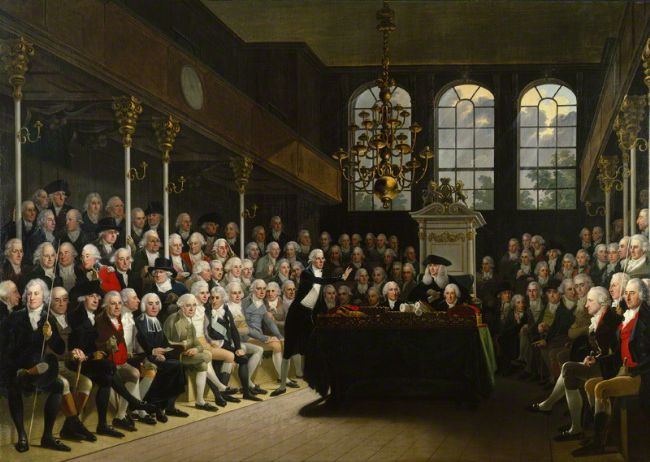
Thomas De Quincey
Suspiria de profundis: Being a Sequel to the Confessions of an English Opium-Eater
Blackwood’s Edinburgh Magazine
「1845」Thomas De Quincey, “Suspiria de profundis: Being a Sequel to the Confessions of an English Opium-Eater,” Blackwood’s Edinburgh Magazine 57 「Google Books」「Introductory Notice:」(1845-Mar): 269-285; 「Part I:」(1845-Apr): 489-503.
At the end of that year I was reading the Aeneid; and it struck me, who remembered the howling recusancy of Turk, as a peculiarly fine circumstance, introduced amongst the horrors of Tartarus, that sudden glean of powerful animals, full of life and conscious rights, rebelling against chains:— “Iraeque leonum / Vinela recusantuam.” Virgil had doubtless picked up that gem in his visits at feeding-time to the caveae of the Roman amphitheatre. But the rights of brute creatures to a merciful forbearance on the part of man, could not enter into the feeblest conceptions of one belonging to a nation that, (although too noble to be wantonly cruel,) yet in the same amphitheatre manifested so little regard even to human rights. Under Christianity, the condition of the brute has improved, and will improve much more. There is ample room. For I am sorry to say, that the commonest vice of Christian children, too often surveyed with carless eyes by mothers, that in their human relations are full of kindness, is cruelty to the inferior creatures thrown upon their mercy. For my own part, what had formed the groundwork for my happiness (since joyous was my nature, though overspread with a cloud of sadness,) had been from the first a heart overflowing with love. And I had drunk in too profoundly the spirit of Christianity from our many nursery readings, not to read also in its divine words the justification of my own tendencies. That which I desired, was the thing which I ought to desire; the mercy that I loved was the mercy that God had blessed. From the sermon on the Mount resounded for ever in my ears—”Blessed are the merciful!” (494)



